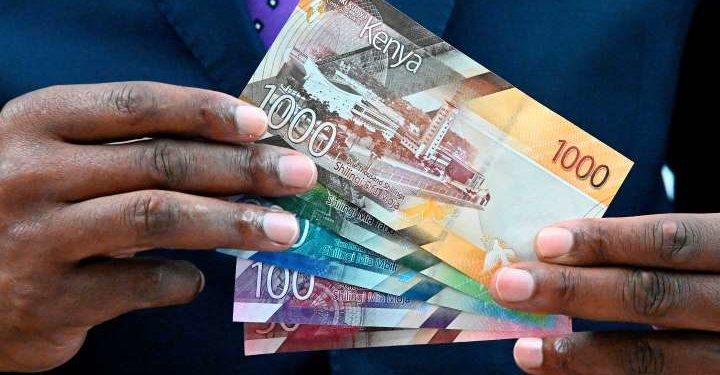According to Kenya National Bureau of Statistics (2024), In Q2’2024 Kenya had a 4.6% growth in GDP a drop from last year’s annual growth change of 5.6. This suggests a reduction in the pace of economic expansion. This decline reflects several factors affecting the economy including changes in consumer spending, investment, government expenditure and external demand for exports.
Agriculture remains the backbone of Kenya’s economic activity, contributing significantly to both growth and employment. Kenya’s agriculture sector grew by 4.8% in the second quarter of 2024, which was a decrease compared to the second quarter in the previous year was 7.7%. Despite challenges posed by weather fluctuations, the sector’s resurgence is expected to support regional development. Investments in arid and semi-arid areas, particularly through livestock production programs, offer promising opportunities for sustainable growth. Additionally, Kenya’s expansion in the renewable energy sector, notably in geothermal and wind power projects, is set to strengthen its green economy and create jobs.
According to the National Treasury’s annual debt management report, a key milestone in the nation’s economic plans is the focus on reducing public debt, with projections indicating a significant 5.4% decline in debt levels by June 2028. This achievement is critical for long-term fiscal health and could pave the way for increased investments in public services and infrastructure. The government’s efforts to manage debt while prioritizing growth will be essential for maintaining a stable economic trajectory.
In terms of international trade, Kenya continues to solidify its position as a key player in East Africa, with the government actively facilitating business activities and foreign investments. The commitment to enhancing infrastructure, particularly in the affordable housing sector, will further stimulate economic activity. President Ruto’s administration has made considerable strides in positioning Kenya as a leader in climate action, with the development of a carbon market expected to open new opportunities for international climate finance.
However, challenges such as global economic volatility, inflationary pressures, and the need for political stability could affect these optimistic projections. To sustain this growth trajectory, Kenya must continue fostering a conducive environment for investments and effectively manage external shocks.

















